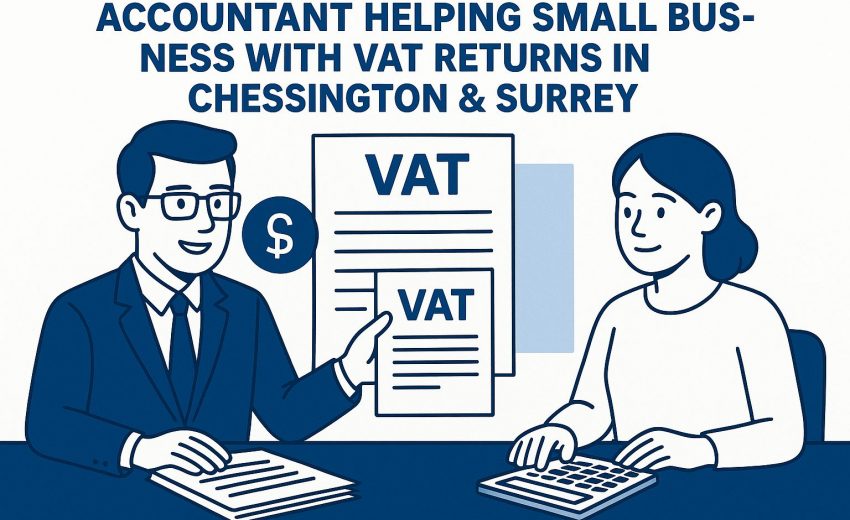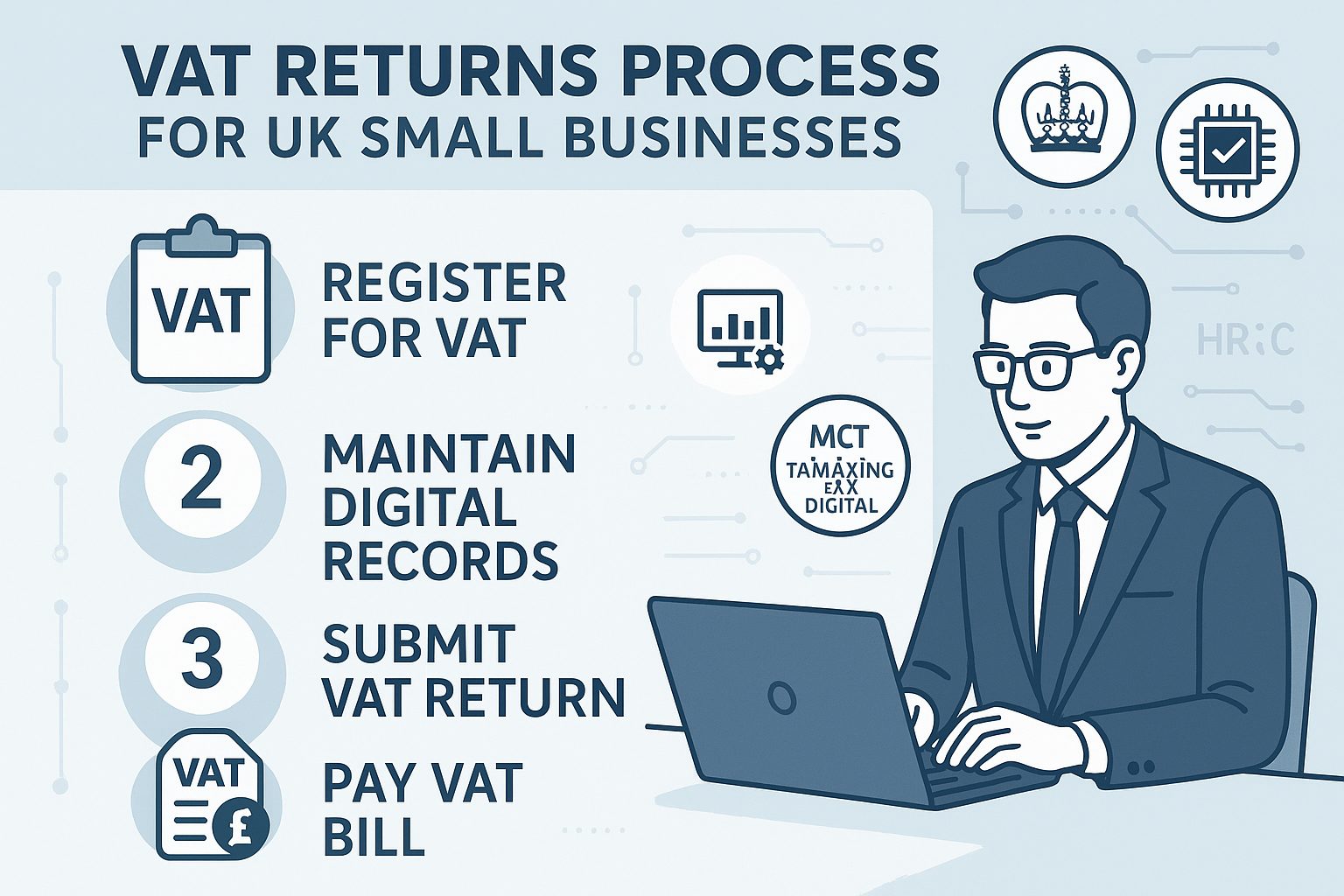

When starting a new business, one of the most important decisions you’ll face is whether to register as a sole trader or a limited company. Each option has advantages, but the wrong choice can cost you more tax, limit your growth, or expose you to unnecessary risks.
At Maze Accountants in Chessington, we’ve guided hundreds of entrepreneurs through this decision. In this blog, we’ll compare the two structures—highlighting tax, compliance, and financial planning factors—so you can make the right choice for your business.
What is a Sole Trader?
A sole trader is the simplest business structure. You run the business as an individual and keep the profits after tax.
Pros of being a sole trader:
- Easy and inexpensive to set up.
- Fewer admin requirements (just Self-Assessment).
- Greater privacy—no public records.
- Full control over profits.
Cons of being a sole trader:
- Unlimited liability—your personal assets are at risk.
- Limited access to funding.
- Higher personal tax rates as income grows.
What is a Limited Company?
A limited company is a separate legal entity. Your personal finances are protected, and profits are taxed under corporation tax rates.
Pros of a limited company:
- Limited liability (personal assets are protected).
- Often more tax-efficient (corporation tax vs. personal tax).
- More credibility with clients and suppliers.
- Easier to raise investment.
Cons of a limited company:
- More administration (Companies House filings, statutory accounts).
- Director responsibilities.
- Reduced privacy (details appear on public record).
Tax Differences: Sole Trader vs Limited Company
- Sole trader: Profits taxed as personal income (20%–45%). National Insurance contributions also apply.
- Limited company: Profits taxed at 25% (corporation tax). You can pay yourself via salary + dividends, which often reduces your overall tax bill.
👉 Example: A Chessington small business earning £50,000 could pay less tax as a limited company compared to operating as a sole trader.
Which Option is Better for Startups in Chessington & Surrey?
The right choice depends on your goals:
- Sole trader: Best for freelancers, contractors, or small-scale businesses with lower turnover.
- Limited company: Best for businesses planning to grow, reinvest, or raise external funding.
Many startups begin as sole traders and later incorporate as limited companies when income rises.
Conclusion
Choosing between sole trader and limited company is one of the first major decisions for any UK entrepreneur. There’s no one-size-fits-all answer—it depends on your income, growth plans, and risk tolerance.
📞 Ready to set up your business in Chessington or Surrey?
👉 Book a free startup consultation with Maze Accountants today and get expert advice on business formation, tax efficiency, and long-term planning.
Maze Accountants
📍 Address: 45a Bridge Road, Chessington, Surrey, KT9 2BL, United Kingdom
📞 Phone: +44 20 3289 6135
🌐 Website: www.mazeaccountants.co.uk
FAQs About Sole Trader vs Limited Company
Q: Can I switch from sole trader to limited company later?
A: Yes, many businesses start as sole traders and incorporate when turnover grows.
Q: Which is better for tax savings?
A: Limited companies usually save more tax once income exceeds £30,000–£40,000.
Q: Do I need an accountant as a sole trader?
A: It’s not mandatory, but an accountant ensures you claim all allowable expenses.
Q: How can Maze Accountants help?
A: We advise on the best structure, set up your company if needed, and provide tax planning tailored to your situation.











